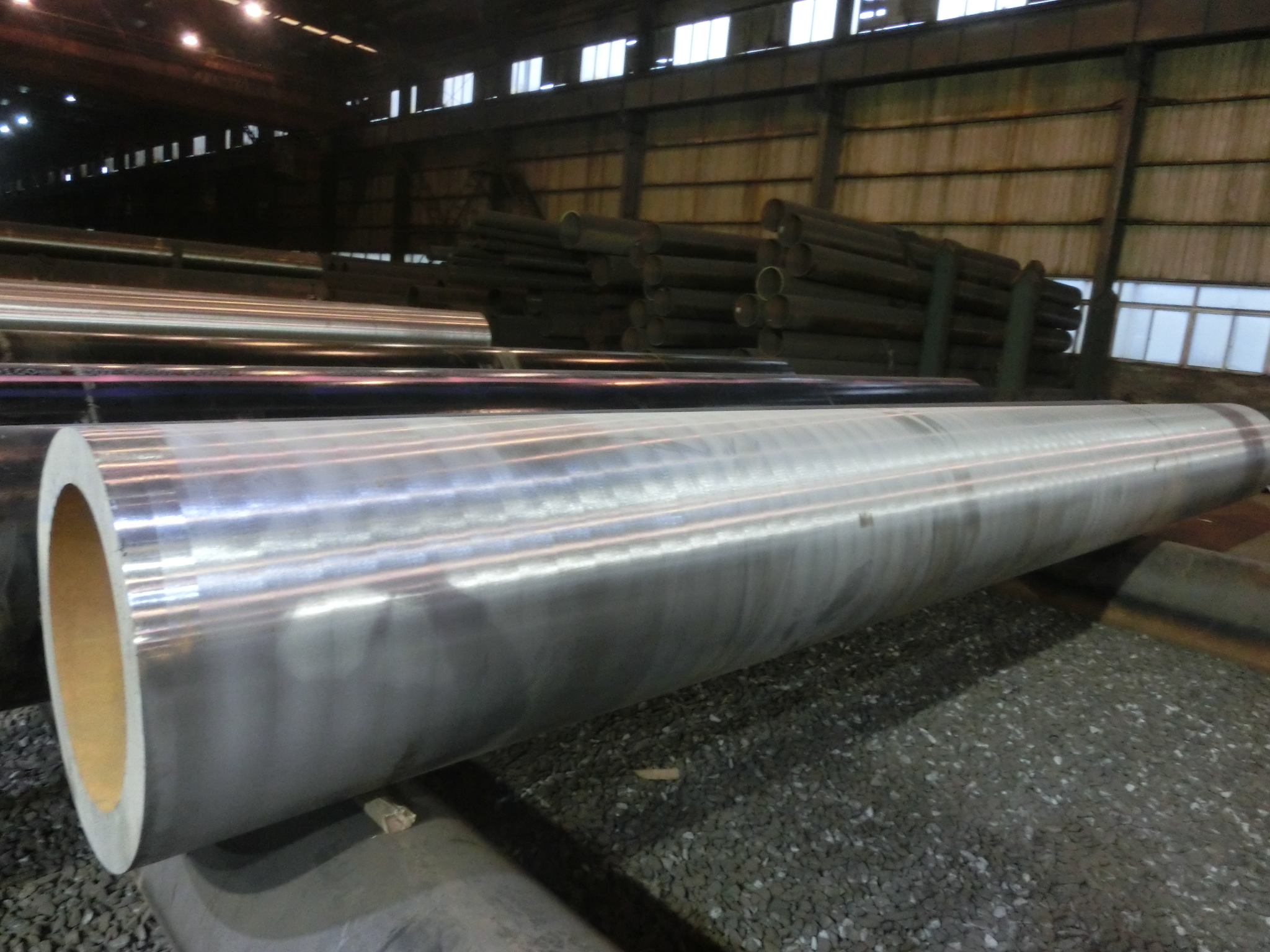Compared with existing lithium-ion batteries, lithium sulfur batteries with elemental sulfur as the positive electrode and metal lithium as the negative electrode have higher energy density, lower raw material cost, and better environmental affinity. However, due to the short cycle life, lithium-sulfur batteries cannot be used in large-scale energy storage and electric vehicles. According to an article published online by the "Proceedings of the National Academy of Sciences," scientists said that an ultra-thin and ultra-light surface compound film was brushed onto the surface of a sulfur electrode, thereby significantly improving the service life of lithium-sulfur batteries.
The paper's first author, Liu Wen, a professor at the Beijing Science and Technology University’s School of Science, said in an interview with a reporter from the Science and Technology Daily that, in theory, lithium-sulfur batteries can achieve three times the energy density of existing lithium-ion batteries and ease the "mileage anxiety" of electric vehicles. . However, the charge and discharge intermediates of the sulfur electrode dissolve into the electrolyte solution, resulting in the loss of sulfur and side reactions, resulting in the lithium-sulfur electrode failing after several weeks of use. Since the lithium-sulfur battery was introduced in the 1960s, scientists have been working hard to improve the stability of sulfur electrodes.
Liu Wen and Assistant Professor Wang Hailiang of the Department of Chemistry at Yale University have developed a simple and easy method of mixing simple dendrimers containing specific functional groups (amides) with graphene, and then coating the surfaces of sulfur electrodes to form a composite membrane. Through the protection of the surface composite film, lithium-sulfur batteries can achieve more than 1,000 stable cycles. With this technology, it is hoped that vehicles with lighter weight, better performance, and lower cost will be produced, which will increase the endurance of electric vehicles.
In addition, the research team at the same time through experiments and theoretical calculations to examine the interaction between the composite film and battery charge and discharge intermediates, and determine the mechanism of chemical sulfur fixation in lithium-sulfur batteries. Compared with existing research reports, the composite membrane can effectively improve the cycling performance of lithium-sulfur batteries without increasing the extra volume or weight, making the lithium-sulfur batteries more practical and practical. (Reporter Jiang Jing)
Yangzhou Chengde is a leader in the industry, and we can produce the Low-Temperature Service Steel Pipe according to the ASTM A333 and ASME SA333 standards.
We have been sold the GR.6 Steel Pipe about 20000 tons to date and the property of -45℃ impact value is about 100J, better than the standard`s requirements.
International
company, CHENGDE is a joint venture with American PCC Group (Precision Castparts Corp. Fortune 500 enterprises of USA,
PCC is the world leader in structural investment castings, forged components,
and airfoil castings for aircraft engines and industrial gas turbines. Airbus,
Boeing, GE, Rolls-Royce, and many other leading manufacturers depend on us for
critical airframe, engine, power generation, medical, and general industrial
components. With few exceptions, every aircraft in the sky flies with parts
made by PCC). Global operations in
more than 100 countries and regions, with annual sales of $ 500 million.
CHENGDE has become the industry leader and won deep trust of customers.
Low-Temperature Service Steel Pipe
Low Temperature Carbon Steel,Low Temperature Pipe,Low-Temperature Service Steel Pipe,Low Temperature Carbon Steel Pipe
YANGZHOU CHENGDE STEEL PIPE CO.,LTD , https://www.chengdepipe.com